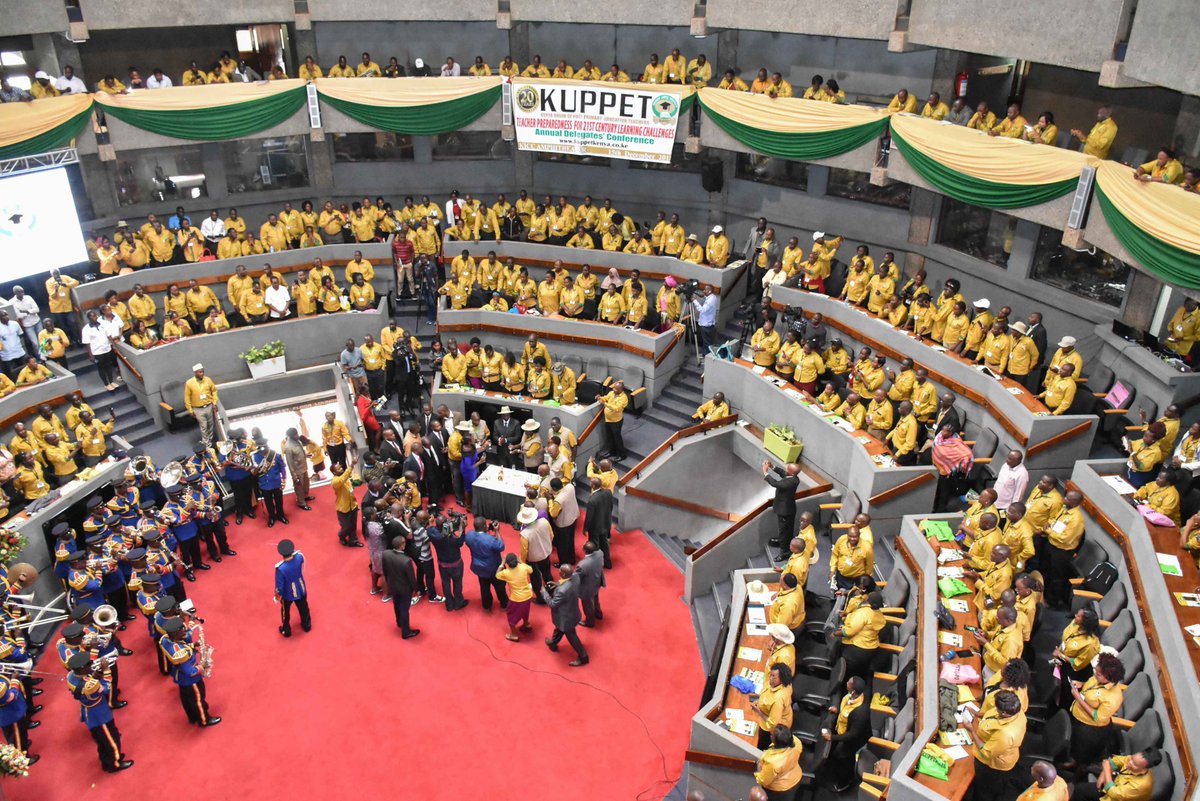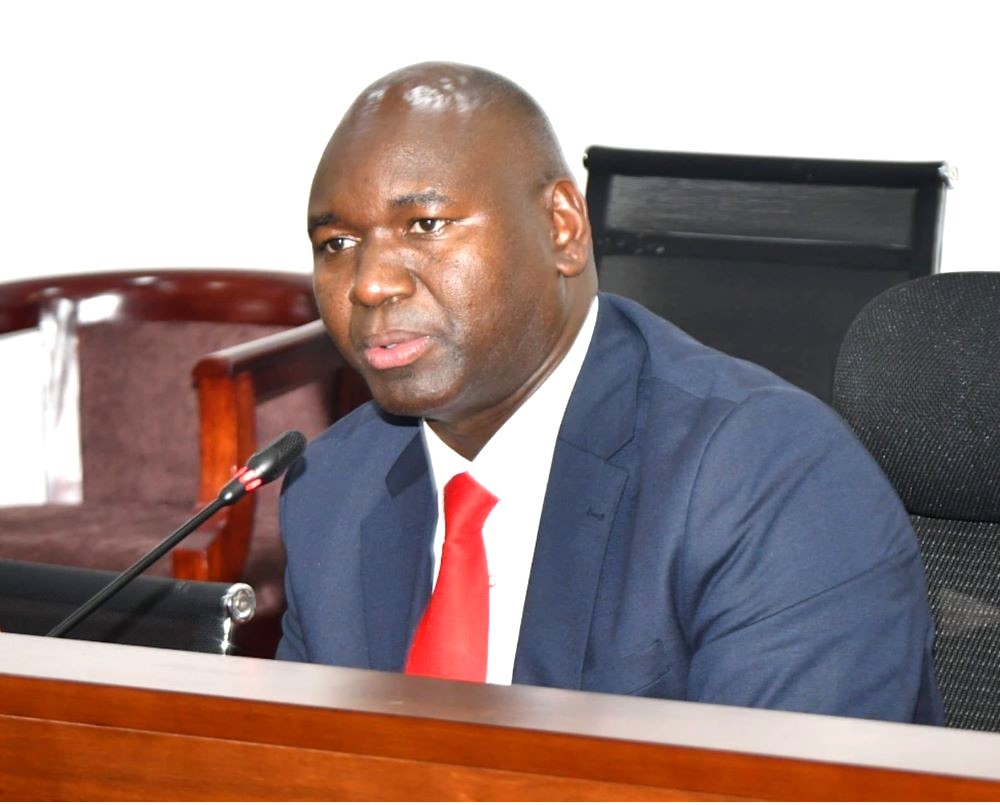A storm is brewing within Kenya’s judicial corridors as members of the Kenya Union of Post-Primary Education Teachers (KUPPET) raise serious allegations of interference in court processes and a breakdown in judicial independence, particularly in the Employment and Labour Relations Court.
In a strongly worded statement posted on social media by concerned KUPPET members, they expressed alarm over what they termed as deliberate attempts to manipulate the outcomes of ongoing court cases.
The group accuses unnamed individuals of deploying emissaries to pressure litigants into withdrawing cases or face consequences, including threats of being removed from specific professional networks.
“We have noted with concern that there are deliberate attempts to interfere with various ongoing court cases. Some applicants have been threatened with withdrawal from networks connected to a senior labour movement official,” the statement reads in part.
The post further claims that certain emissaries who approached the litigants admitted to having been sent by a senior trade unionist, indicating a coordinated effort to influence judicial processes.
But it is the conduct of the judiciary that has caused the most significant disquiet.
According to the group, two judges on Monday, July 31, unreasonably deferred decisions on critical matters before them despite all parties having made their submissions.
In one case, the judge merely scheduled a mention date instead of delivering a ruling. In another case, the judgment was postponed until October 2025, a move that the KUPPET members describe as unjustifiable.
READ ALSO:
“It makes no sense for a ruling to be taken to October when all that was pending was delivery. Our commitment to justice will never be compromised,” said the post.
The teachers have now vowed to seek redress from the Judicial Service Commission and are reportedly in the process of drafting formal petitions against two judges, citing conduct that borders on tribalism and cronyism.
In a further call to action, the group is urging Parliament to enact legislation that would require all judges to undergo a vetting process every five years to tame the massive graft in the judiciary.
They argue that such a move would help rid the courts of what they call “rot”, particularly within the Employment and Labour Relations Court.
Adding to the controversy is a report that a judge in Machakos recently claimed a key file had gone missing in a case involving a party she had previously recused herself from—a move that has raised even more questions about integrity and transparency in Kenya’s judiciary.
“The rot in employment court stinks to the high heavens,” the teachers lamented.
The group concluded their statement with a firm declaration: “Justice delayed is justice denied.”
As pressure mounts, eyes now turn to the Judicial Service Commission and Parliament to see whether they will respond to these serious accusations—and whether systemic reforms will finally be put into motion.
By our reporter
You can also follow our social media pages on Twitter: Education News KE and Facebook: Education News Newspaper for timely updates.
>>> Click here to stay up-to-date with trending regional stories
>>> Click here to read more informed opinions on the country’s education landscape
>>> Click here to stay ahead with the latest national news.






